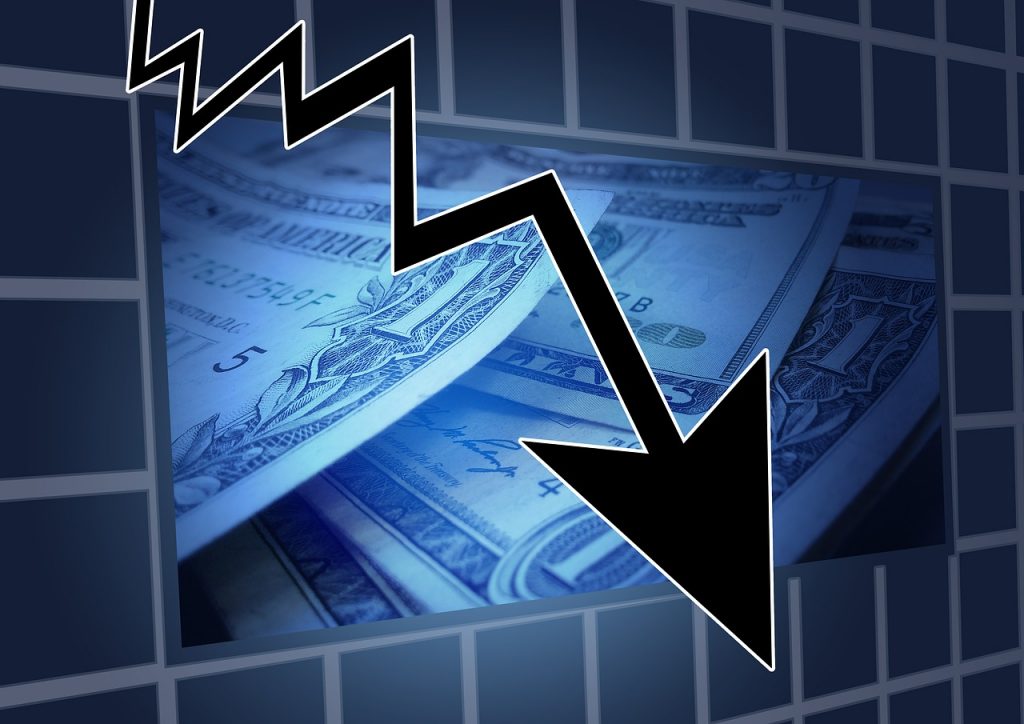Federal Reserve Has Pushed The Economy Beyond Its Limit And A Recession Is Now Unavoidable?
The Federal Reserve has been drastically increasing interest rates in order to curb inflation, however, some experts believe the tactic has sealed the United States' fate of entering into a recession.
This article is more than 2 years old
Inflation in the United States is expected to rise, even as the Federal Reserve moves to fight price increases at its most aggressive pace in decades. But Wall Street is worried that another high reading on the Consumer Price Index will prompt more interest rate spikes and put further strain on the local economy. In the long term, this could lead to a recession.
Later this week, the Bureau of Labor Statistics will release the Consumer Price Index, which is essentially a measure of goods and services, for the 12 months ending in September. According to CNN Business, Federal Reserve analysts expect an increase of 8.1%, which is a slower pace than 8.3% year-over-year in August. Excluding food and energy prices, they expect a year-over-year increase of 6.5%, up from 6.3% in August.
Now, the market is worried that a data-driven Federal Reserve will see elevated numbers as a mandate to continue with its aggressive interest rate hikes, increasing the odds of a recession in the United States. But this approach by the financial institution has given some experts pause. Harvard University Economist Greg Mankiw joined a group of bipartisan colleagues who think they may be “breaking too hard.”
They say monetary policy impacts the economy with a lag, as the Federal Reserve has noted in the minutes of its meetings. So there is a possibility that the financial agency has already brought inflation down. But the delay in it showing up in the data is causing the central bank to overcorrect, propelling the economy into an unnecessary downturn.

Meanwhile, Federal Reserve officials said they needed to raise interest rates to a more restrictive level – and then maintain them there for some time – to meet their goal of lowering broad-based and unacceptably high inflation, Reuters reports. The sentiment was shared from a read-out of September’s policy meeting.
Many central bank officials emphasized the cost of taking too little action to bring down inflation probably outweighed the cost of taking too much action, the minutes of the meeting said. “In the long history of Federal Reserve mistakes, one general error stands out,” Chief Global Strategist of JPMorgan Funds, David Kelly told CNN Business. He added that they tend to wait too long and then do too much.
Unfortunately, the Federal Reserve seems well on its way to repeating this error today. At last month’s meeting, officials raised interest rates by three-quarters of a percentage point for the third consecutive time to drive inflation down from 40-year highs. And the agency’s Chair, Jerome Powell vowed afterward that they would keep at it until they were confident the job is done.
However, the minutes from the Federal Reserve meeting also contained a hint of a downshift in the pace of future monetary tightening. Several policymakers said it would be important to calibrate the pace of further rate hikes to reduce the risk of significant adverse effects on the United States economy.
For now, there are some signs of recovery. Food commodity prices are lower, wholesale used car prices have fallen, and the cost of crude oil is still well below its previous highs. So perhaps the Federal Reserve’s plan is working.





